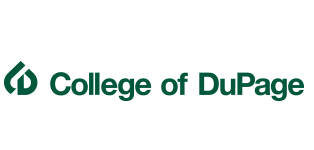Document Type
Article
Publication Date
Winter 2010
Abstract
Margonis (1986) criticizes Heidegger’s philosophy and those who would attempt to adopt his views for the purpose of thinking education because of the "abstract nature of his discussions," which suggest "proposals regarding our political, economic and educational lives from the place of metaphysical argumentation" (p. 125). To the contrary, Dwyer, et al (1988) claim the Heidegger’s philosophy, "clearly suggests an educational theory" (p. 100). This, is perhaps an overly optimistic claim, for it glosses over the difficulty associated with plumbing the depths of Heidegger’s vast corpus in order to speculate on the legitimate potential his philosophy has for contemporary educational practices. It is possible, I suggest, to find meaning in Heidegger’s text as it relates to curriculum study, most specifically in the direction of conceiving educational practices that inspire lucid and legitimate thinking on our ontological potential as humans, which includes our unique possibilities as individuals understood in relation to our solicitous interpersonal relations with others with whom we share the world: Our Being-in-the-world in terms of Being-with-others.
This paper falls into three divisions, and unfolds in the attempt to: (1) understand what an authentic existence from an ontological perspective entails; (2) explicate the detrimental effects of das Gestell, or the Enframed "attunement" of modern technology, on our current educational practices and our ontological "potentiality-for-Being"; and (3) analyze literature and English teaching, forms of ontological education (inquiry), as potential means by which to overcome the negative effects of this "technological" trend in contemporary education through understanding what Heidegger wrote about the grounding poietic attunement of art. For according to Heidegger (1971), art opens worlds apart from the ordinary, the everyday; it holds the power to transform us by putting in touch with our "potentiality-for-Being." Indeed, the essence of art lies in "a change, happening from out of the work, of the unconcealedness of what is, and this means, of Being" (p. 72).
Recommended Citation
Magrini, James, "Worlds Apart in the Curriculum: Heidegger, Technology, and the Poietic Attunement of Art" (2010). Philosophy Scholarship. 17.
https://dc.cod.edu/philosophypub/17


Comments
Submitted to the journal, Educational Philosophy and Theory, February 19, 2010.